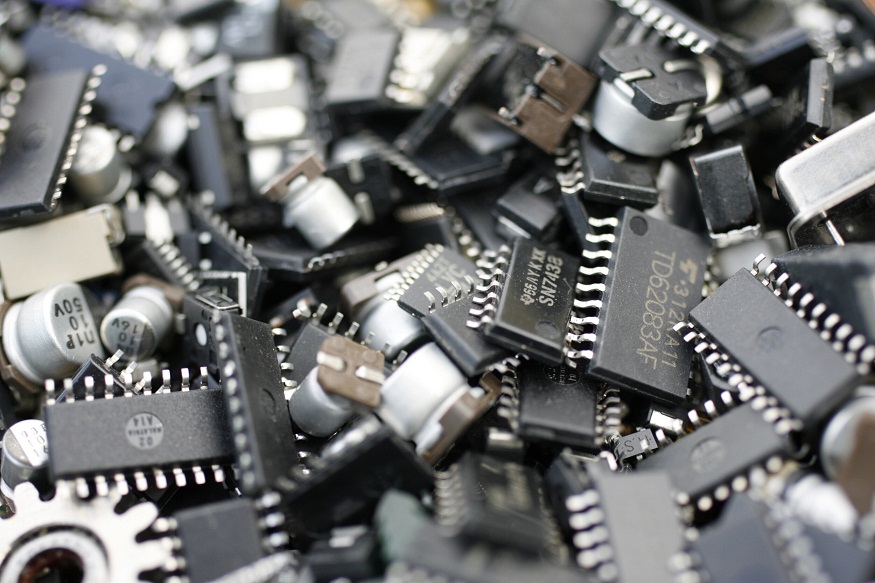Platinum is a valuable metal that is widely used in diverse sectors, such as automotive, electronics, and jewellery. As demand for the metal grows, so does the necessity of recycling platinum to save resources and lessen its impact on the environment. In this post, we’ll examine the advantages of recycling platinum for the environment and how it supports sustainability.
1. Preservation of Natural Resources
The rare and expensive metal platinum is mostly extracted as a byproduct of mining nickel and copper. By recycling platinum, we can preserve natural resources and lessen the demand for new mining operations. This lessens the impact that mining activities might otherwise have on ecosystems, habitats, and biodiversity.
2. Cutting Down on Energy Use
Reusing platinum instead of mining and processing virgin ore uses a lot less energy. The extraction, shipping, and smelting processes—all energy-intensive—that are a part of primary production add to greenhouse gas emissions and environmental damage. By lowering the carbon footprint of metal manufacturing, platinum recycling contributes to reduced energy use and climate change mitigation.
3. Reducing Air Pollution
When platinum recycling is done correctly, fewer dangerous contaminants are released into the environment, which helps to limit pollution. Pollutants such as sulphur dioxide, nitrogen oxides, and heavy metals are released during mining and refining processes and can pollute land, water, and the air. Platinum recyclers use best practices and pollution control technology to ensure their operations adhere to environmental regulations and safeguard the environment and public health.
4. Prolonging the Lifespan of Products
Platinum recycling extends the lifespan of items containing platinum, such as jewellery, electronics, and vehicle catalytic converters. To recover the platinum content, these items are collected, processed, and recycled rather than thrown away as garbage. Recycling prolongs the life of items containing platinum, which lowers the demand for new production and saves resources.
5. Encouragement of a Circular Economy
Recycling platinum helps to advance the circular economy by bringing valuable metals back into the process of manufacturing. By using recycled platinum to create new goods, waste may be minimised, and the need for fresh resources can be decreased. An economy that is more resource-efficient and sustainable is aided by this closed-loop method of resource management.
6. Adopting the Goals of Sustainable Development
Recycling platinum is in line with several SDGs, such as reducing carbon emissions, promoting responsible production and consumption, and promoting life on land. Platinum recyclers help the worldwide movement to create a more sustainable and just future by lowering emissions, preserving natural resources, and encouraging sustainable activities.
In Sum
Recycling platinum has major positive effects on the environment, supporting sustainable development objectives and reducing pollution, energy use, and resource use. We can advance sustainability, save the environment, and create a society that is more just and resilient if we embrace platinum recycling. Platinum recyclers are essential to this process because they make sure that valuable metals are handled carefully and utilised to the maximum extent possible. Realising these environmental advantages and building a more sustainable future will require investment in technology and infrastructure for platinum recycling as the demand for the metal grows.




